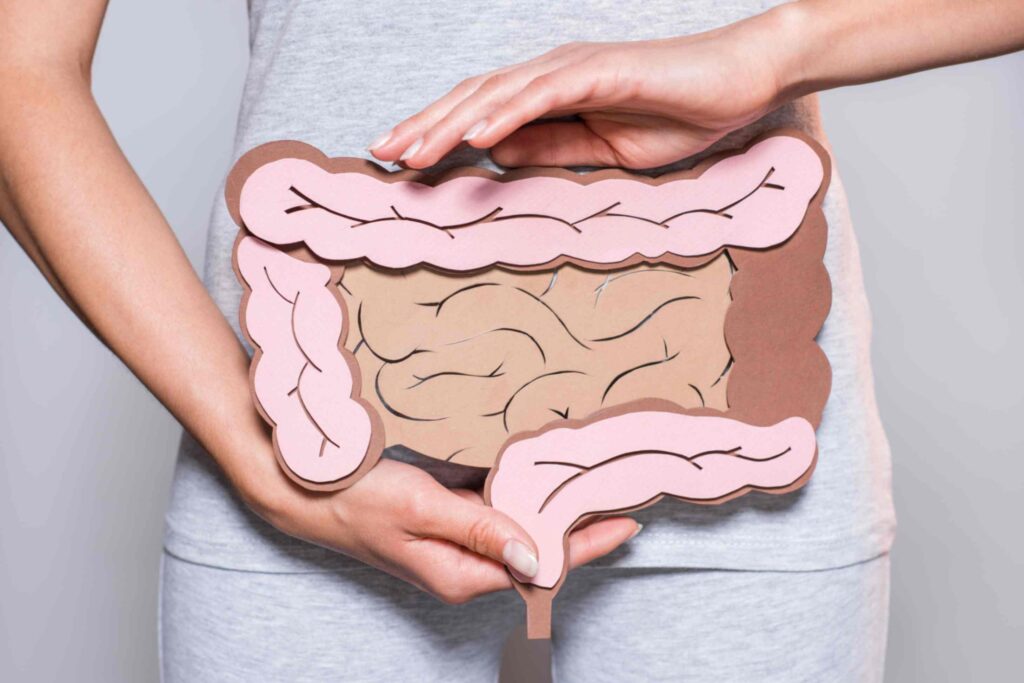Know Your Gut: Understanding the Importance of Gut Health
Gut health is a hot topic in the wellness community, but it’s more than just a trend. It’s an essential aspect of our overall health and well-being. The human gut, or gastrointestinal (GI) tract, is a complex system responsible for digesting food, absorbing nutrients, and eliminating waste. However, its functions extend far beyond digestion. A healthy gut plays a crucial role in maintaining a strong immune system, supporting mental health, and even influencing weight. Understanding your gut and how to keep it healthy can have a profound impact on your life.
The Gut Microbiome
At the heart of gut health is the gut microbiome, a diverse community of trillions of microorganisms, including bacteria, viruses, fungi, and other microbes that reside in the digestive tract. These microbes perform a variety of functions that are vital for health. They help break down food, produce essential vitamins, and protect against harmful pathogens. The balance of these microorganisms is crucial; an imbalance, known as dysbiosis, can lead to a range of health issues, from digestive disorders to chronic diseases.
Digestion and Nutrient Absorption
The primary function of the gut is to digest food and absorb nutrients. The process begins in the mouth, where food is broken down by chewing and saliva. It then travels down the esophagus to the stomach, where stomach acid and enzymes further break it down. The majority of digestion and nutrient absorption occurs in the small intestine, assisted by bile from the liver and digestive juices from the pancreas. The large intestine, or colon, absorbs water and forms waste for elimination. A healthy gut ensures this process runs smoothly, allowing the body to get the nutrients it needs to function properly.
Immune System Support
Approximately 70% of the immune system is located in the gut. The gut-associated lymphoid tissue (GALT) plays a critical role in identifying and fighting off pathogens. A healthy gut microbiome supports the immune system by preventing the growth of harmful bacteria and helping to regulate immune responses. Conversely, an unhealthy gut can weaken the immune system, making the body more susceptible to infections and diseases.
Mental Health and the Gut-Brain Axis
The connection between the gut and the brain, known as the gut-brain axis, is a bidirectional communication system that links the emotional and cognitive centers of the brain with peripheral intestinal functions. This communication occurs via the vagus nerve, the immune system, and gut hormones. The gut produces neurotransmitters such as serotonin, which affects mood and mental health. Studies have shown that an unhealthy gut can contribute to mental health issues such as anxiety and depression. Maintaining a healthy gut can therefore support better mental health.
Weight Management
The gut microbiome also plays a significant role in weight management. Certain gut bacteria are more efficient at extracting calories from food, which can contribute to weight gain. Additionally, an imbalance in gut bacteria can lead to inflammation, which is linked to obesity. By promoting a healthy gut microbiome through diet and lifestyle changes, it is possible to support weight loss and prevent obesity.
Common Gut Health Issues
Several common health issues can arise from poor gut health. These include:
- Irritable Bowel Syndrome (IBS): A disorder characterized by symptoms such as abdominal pain, bloating, and altered bowel habits.
- Inflammatory Bowel Disease (IBD): Includes Crohn’s disease and ulcerative colitis, which cause chronic inflammation of the GI tract.
- Leaky Gut Syndrome: A condition where the intestinal lining becomes permeable, allowing toxins and bacteria to enter the bloodstream, leading to inflammation and other health issues.
- Small Intestinal Bacterial Overgrowth (SIBO): Occurs when excessive bacteria grow in the small intestine, leading to symptoms like bloating, diarrhea, and malnutrition.
Maintaining Gut Health
Maintaining a healthy gut involves a combination of diet, lifestyle changes, and, sometimes, medical interventions. Here are some key strategies:
- Eat a Diverse Diet: A varied diet rich in fruits, vegetables, whole grains, and fermented foods can promote a healthy microbiome. Fiber is particularly important as it serves as food for beneficial bacteria.
- Stay Hydrated: Drinking plenty of water supports digestion and nutrient absorption.
- Exercise Regularly: Physical activity can increase the diversity of gut bacteria and improve overall gut health.
- Reduce Stress: Chronic stress can negatively impact gut health. Practices like mindfulness, meditation, and yoga can help manage stress levels.
- Limit Antibiotics: While necessary for treating infections, antibiotics can disrupt the gut microbiome. Use them only when prescribed by a healthcare professional.
- Consider Probiotics and Prebiotics: Probiotics are beneficial bacteria that can be taken as supplements, while prebiotics are fibers that feed these bacteria. Both can support a healthy gut microbiome.
Conclusion
Understanding and maintaining gut health is crucial for overall well-being. The gut is not just a digestive organ but a key player in the immune system, mental health, and weight management. By adopting a healthy lifestyle and paying attention to the signals your gut sends, you can improve your health and quality of life. Remember, a healthy gut contributes to a healthy body and mind. So, take the time to know your gut and make the necessary changes to support its health.






